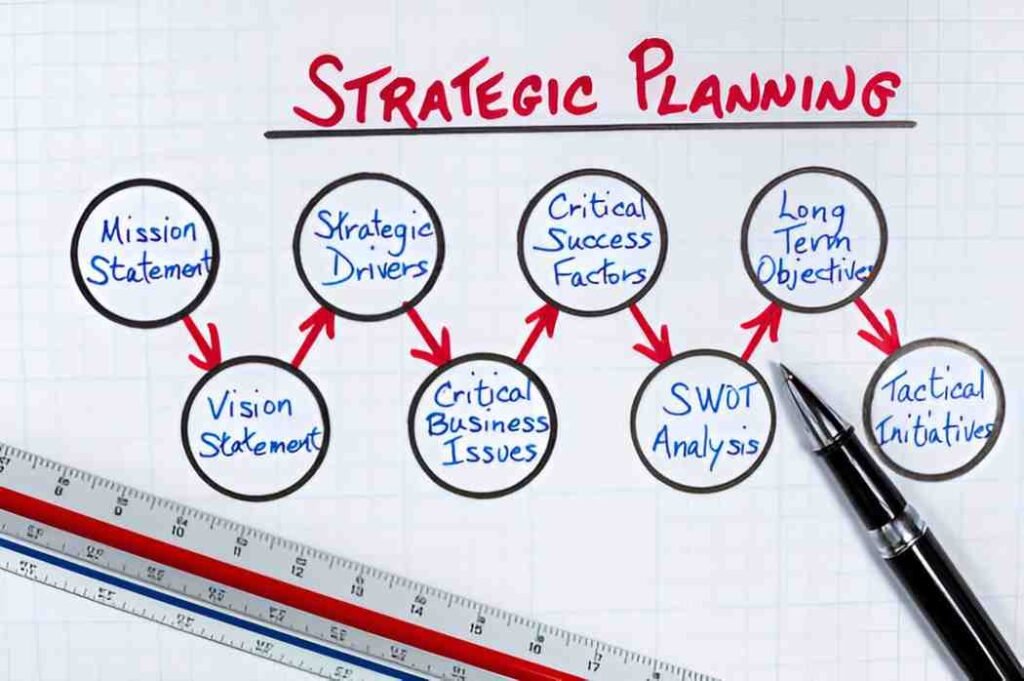Introduction
Sales is more than persuasion. It involves psychology, negotiation, communication, and analytical skills. While natural talent can help, structured learning refines techniques and enhances success. This article explores essential courses for mastering sales techniques, analyzing their content, practical application, and relevance to different sales scenarios.
Table of Contents
1. Understanding Core Sales Principles
Before diving into specialized courses, mastering foundational sales principles is crucial. These include:
- The sales funnel and customer journey
- Consultative selling versus transactional selling
- Handling objections and closing techniques
- Relationship-building strategies
Courses in this category provide frameworks for approaching different sales situations.
Course Comparison
| Course Name | Provider | Key Features | Best For |
|---|---|---|---|
| Sales Training for High Performance | Coursera (offered by Northwestern University) | Covers persuasion, consumer behavior, and negotiation | Beginners & Intermediate |
| The Art of Sales: Mastering the Selling Process | Coursera (offered by Kellogg School of Management) | Emphasizes sales psychology, relationship building | Intermediate |
| RAIN Selling | RAIN Group | Focuses on consultative selling and trust-based strategies | Advanced Sales Professionals |
2. Communication and Persuasion Techniques
Effective communication separates top performers from average salespeople. Courses in this category focus on:
- Active listening skills
- Nonverbal communication
- Persuasion techniques (e.g., Cialdini’s principles of influence)
- Storytelling in sales
Course Example
One excellent course is “Persuasive Selling and Influence” by Udemy. It breaks down persuasion techniques into practical steps. Let’s say I need to sell a software subscription. Instead of listing features, I can frame the conversation using the scarcity principle (“Only a few seats left”) or reciprocity (“Here’s a free trial”).
3. Negotiation Skills
Sales professionals often negotiate terms, discounts, and long-term contracts. Good negotiation requires preparation and strategic concessions. The following courses teach negotiation:
| Course Name | Provider | Focus Areas | Difficulty Level |
|---|---|---|---|
| Successful Negotiation: Essential Strategies and Skills | University of Michigan (Coursera) | Covers BATNA, ZOPA, and anchoring tactics | Beginner |
| Mastering Sales Negotiation | LinkedIn Learning | Focuses on competitive vs. collaborative negotiation | Intermediate |
| Harvard Negotiation Masterclass | Harvard Business School | High-stakes deal negotiation | Advanced |
A key negotiation tactic is the anchoring effect. Suppose I sell enterprise software. If I start with a $50,000 quote, the client’s counteroffer will likely be higher than if I started at $30,000. This psychological tactic helps secure better deals.
4. Data-Driven Sales Strategies
Modern sales rely on analytics. CRM (Customer Relationship Management) tools like Salesforce and HubSpot require data proficiency. Courses in this area include:
- CRM fundamentals
- Lead scoring models
- Sales forecasting using data
- A/B testing in sales outreach
Course Example
HubSpot Academy offers “Inbound Sales Certification,” which teaches lead nurturing through CRM data. Suppose my sales team closes 20% of leads. If CRM data reveals that follow-ups increase conversion by 30%, I can implement an automated email sequence to improve close rates.
5. Digital and Social Selling
Cold calling is fading. Digital selling through LinkedIn, email, and webinars is growing. Courses in this category cover:
- Social selling tactics
- Cold email strategies
- Content marketing for sales
- LinkedIn outreach best practices
| Course Name | Provider | Key Takeaway |
|---|---|---|
| LinkedIn Sales Navigator Mastery | LinkedIn Learning | Optimizing LinkedIn for B2B sales |
| Digital Sales Certification | Digital Marketing Institute | Social selling tactics and automation |
| Email Outreach Masterclass | Sales Hacker | High-converting email strategies |
For example, if my response rate for cold emails is 5%, I can A/B test different subject lines. If “Quick Question” gets an 8% response rate while “Meeting Request” gets 3%, I will adjust my email strategy accordingly.
6. Sales Psychology and Behavioral Economics
Understanding human behavior improves sales results. Courses in this field cover:
- Cognitive biases in decision-making
- Emotional intelligence for sales
- Price anchoring and value perception
- Framing and nudging techniques
One course, “The Science of Selling” by David Hoffeld, explains how neuroscience applies to sales. If I sell a $1,000 product, I can offer a $100 discount rather than stating the new price as $900—this triggers a stronger psychological impact.
7. Advanced Closing Techniques
Closing deals is a blend of confidence, strategy, and timing. Courses that refine closing skills include:
- SPIN selling framework
- The Challenger Sale methodology
- Trial closes vs. assumptive closes
- Handling last-minute objections
Example Calculation for Closing Rates
If my close rate is 20% and I handle 50 leads monthly, I close 10 deals. If I apply new objection-handling techniques and improve my rate to 25%, I close 12.5 deals. Over a year, that’s 30 extra deals.
8. Sales Leadership and Management
Experienced professionals transition into leadership roles. Courses in this domain focus on:
- Sales team motivation
- Performance tracking metrics
- Compensation structures
- Coaching and mentorship
| Course Name | Provider | Key Learnings |
|---|---|---|
| Sales Management Foundations | LinkedIn Learning | Coaching and performance reviews |
| Strategic Sales Leadership | Kellogg Executive Education | Scaling sales operations |
| The Effective Sales Manager | HubSpot Academy | Compensation and team motivation |
Conclusion
Mastering sales requires ongoing learning. Whether improving negotiation skills, leveraging data, or refining closing techniques, the right courses provide structure and insights. Sales is both an art and a science—investing in skill development drives long-term success.





